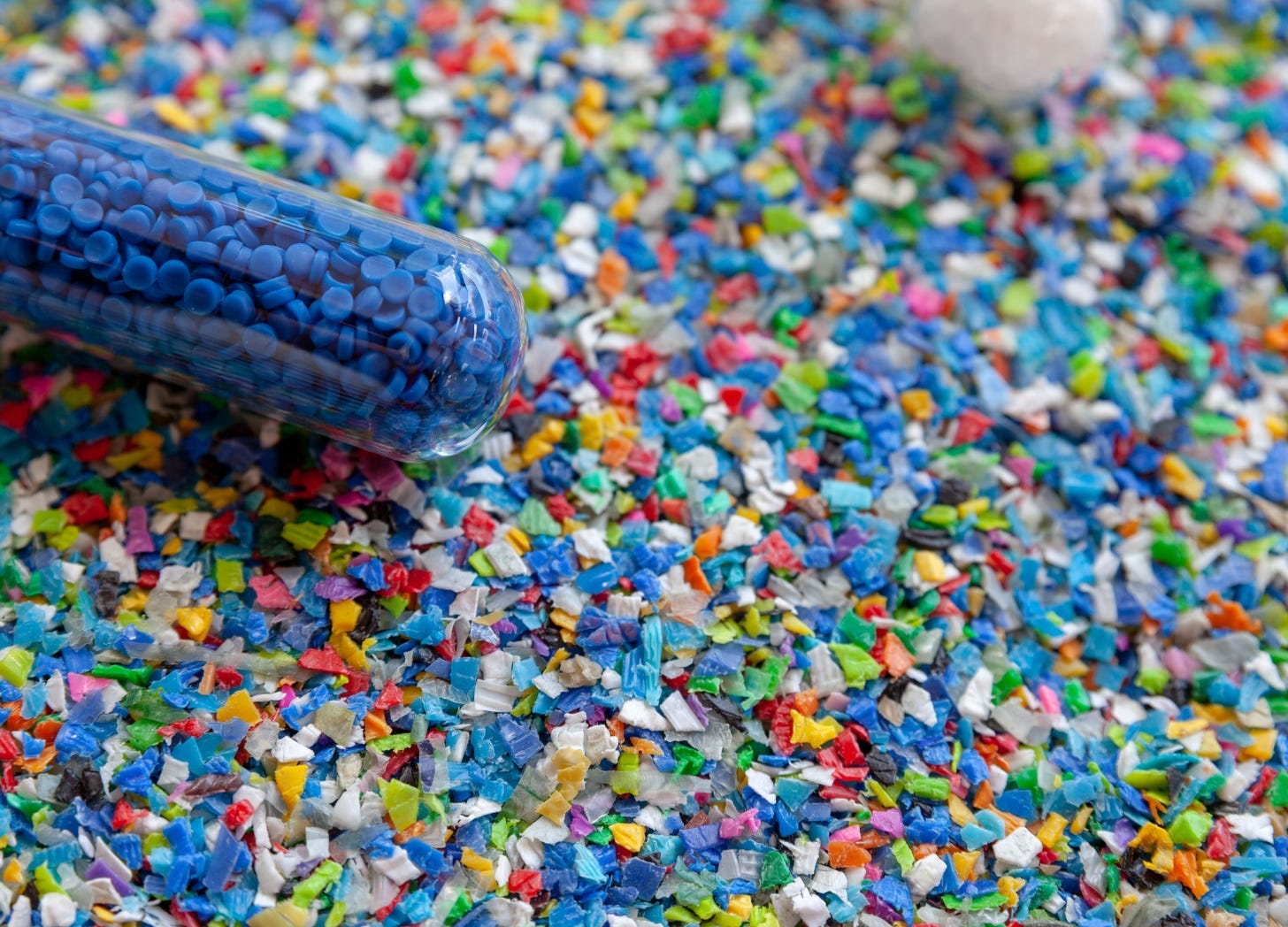💉 It's raining plastic everywhere; At least the heat will melt it; Hopefully before chemicals kill us
#574 | Guinea launches malaria vaccination; Israel says Gaza needs no cultivation; Maybe stop medical falsification?
Hello, and welcome to The Kable once again. We have a light edition for you this week. But not light at heart. No.
However, first up, we do have some good news. Guinea this week became the 21st country to introduce malaria vaccinations into the national immunisation schedule.
In more updates on the malaria front, the WHO says "spatial emanators" are great in the fight against malaria, and has made its first two product recommendations in that space.
In Gaza, as it is, there is only so much land available for cultivation. And amid continued hunger and famine, Israel's plan seems to be to make even less land available. In April this year, 688 hectares of land was cultivable and it is now down to just 232 hectares.
And finally, water shortfall in the UK is concerning enough that government agencies are asking residents to delete old mails and pictures to conserve water. No word on torrents, however.
Before we dive into the stories of the week…
The Kable is proud to be Editorial Partner to Pharmaconex—Africa’s most influential hub for pharmaceutical manufacturing across the MEA region.
Like The Kable, Pharmaconex puts the spotlight on the pharma story in Africa and is committed to building a thriving community for industry leaders, innovators, and changemakers to share knowledge, forge partnerships, and move the sector forward.
Register now for free access to the event—and to receive your digital copy of Emerging Frontiers, our annual report on Africa’s biopharma future, launching this September at Pharmaconex Egypt.
Stories Of The Week
Eat some (more) plastic. Representatives from countries around the world had convened in Geneva, Switzerland this week to find a way to solve the plastic crisis that has been brewing for a while now. These talks - the culmination of a three-year-long series of previous talks - didn't begin on a hopeful note, in any case, with the working text of the draft containing more disagreements than the previous failed talks in Busan, South Korea, late last year. Then, in a new draft presented Wednesday, most of these disagreements simply disappeared from the text, leading to condemnation from all parties. Eventually, as anybody could have predicted, the talks concluded with no consensus on how we're going to solve the plastic challenge. Oh well, there's always tomorrow.
(Health Policy Watch, UNEP)
If plastic don't kill you, the heat will. July 2025 ranked as the planet’s third-warmest July on record, with searing temperatures fuelling wildfires, disrupting infrastructure, and threatening lives from Europe to Asia and North America. Heatwaves scorched Sweden, Finland, Türkiye, Japan, and the Himalayas, while parts of Iraq and Iran baked at over 50°C. Canada’s ongoing wildfires burned more than 6.6 million hectares, with smoke plumes travelling across the Atlantic. Urban heat islands magnified risks for the elderly and those with chronic illness, as global agencies warned that many heat-related deaths remain under-reported.
The WMO and partners are ramping up heat early warning systems under the UN’s “Early Warnings for All” initiative, aiming to save nearly 100,000 lives annually in 57 countries. Alongside public awareness campaigns, efforts target caring for vulnerable groups, protecting workers, boosting economic resilience, and keeping global warming within 1.5°C. These actions focus on four critical areas: caring for vulnerable populations (great!), protecting workers (great!), boosting societal and economic resilience through science and data (whatever, word salad), and limiting global temperature rise to 1.5°C. That last objective may have made sense if in 2005. Today, that curse is not going back into the box.
(Copernicus, WMO)
Bottom line
Life in plastic. Not that any of us need reminding of how dire the plastic situation is, but hey, it's Friday, and everyone can use a good case of the blues. So here are some charts that Grist has so nicely put together to illustrate the plastic fantastic.
(Grist)
Survived plastics and the heat? Well, here come the chemicals. A new report warns that chemical pollution poses a threat to human and planetary health on par with climate change but lags decades behind in awareness and action. The industrial economy has created over 100 million “novel entities,” with tens of thousands in commercial use, many linked to infertility, cancer, and neurological disorders. PFAS “forever chemicals” are now so widespread they contaminate rainwater, while over 90% of people breathe air breaching WHO limits. The study found more than 3,600 synthetic chemicals from food contact materials in human bodies and identified strong causal links between pesticide exposure and reproductive harm.
(The Guardian)
Long reads
Cry me a placebo. A look at how the trade in spurious and illicit drugs - the world's most lucrative illicit trade according to the WHO - disproportionately affects Africa.
(Business Day)
Taking the lead. It is not just fake drugs. Even for new treatments for age-old diseases, Africa has to take the lead. Like Kenya is doing, trialing this new TB vaccine.
(Gavi)
Come together. In Devex, Sierra Leone's president, Julius Maada Wonie Bio, writes asking for solidarity with and in Africa, to ensure there is no backsliding in immunisation.
(Devex)
Oh, and Gopal Nair doesn't want you to see this.
PS: Remember these? We used to add so many of these in times gone past. Anyway, it is very likely there will be no edition of The Kable next week. Please read this one twice.




